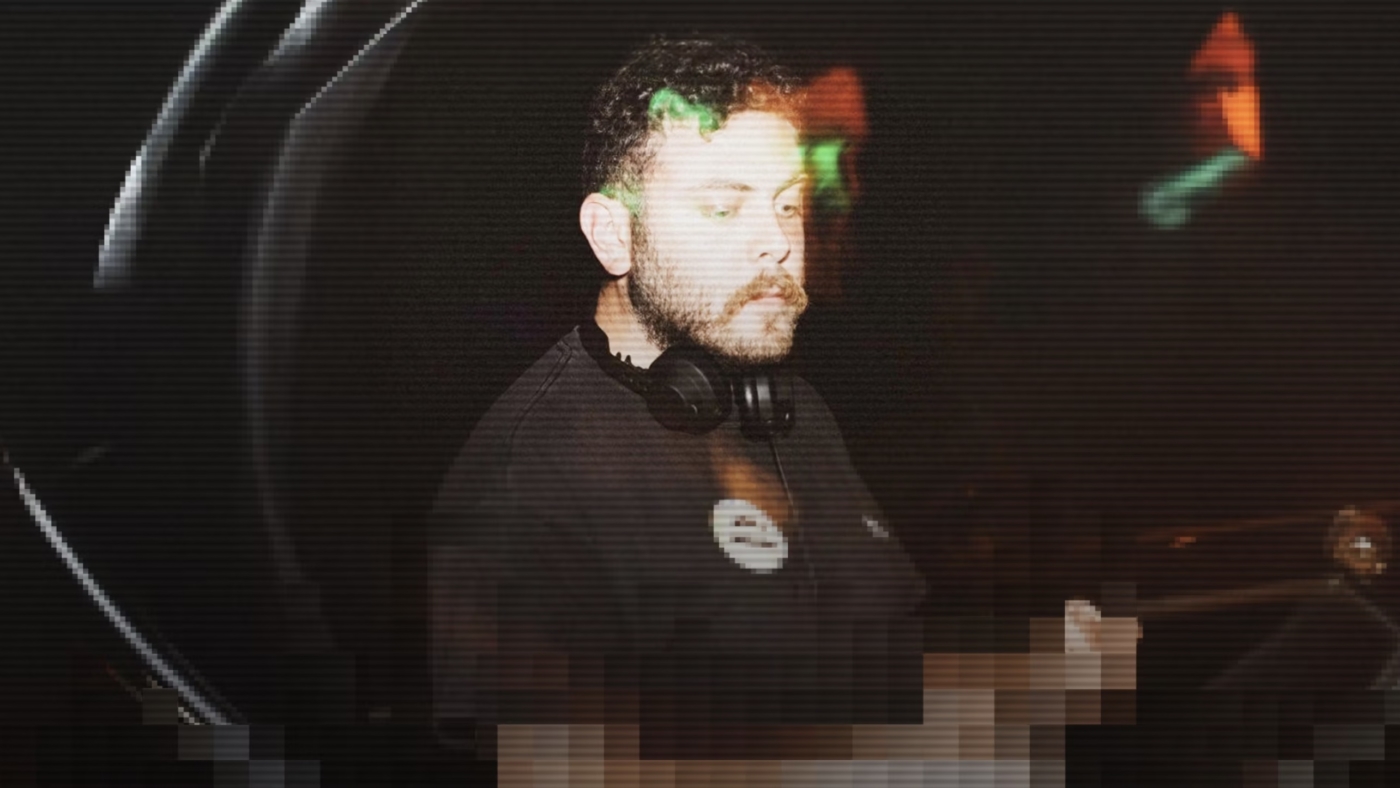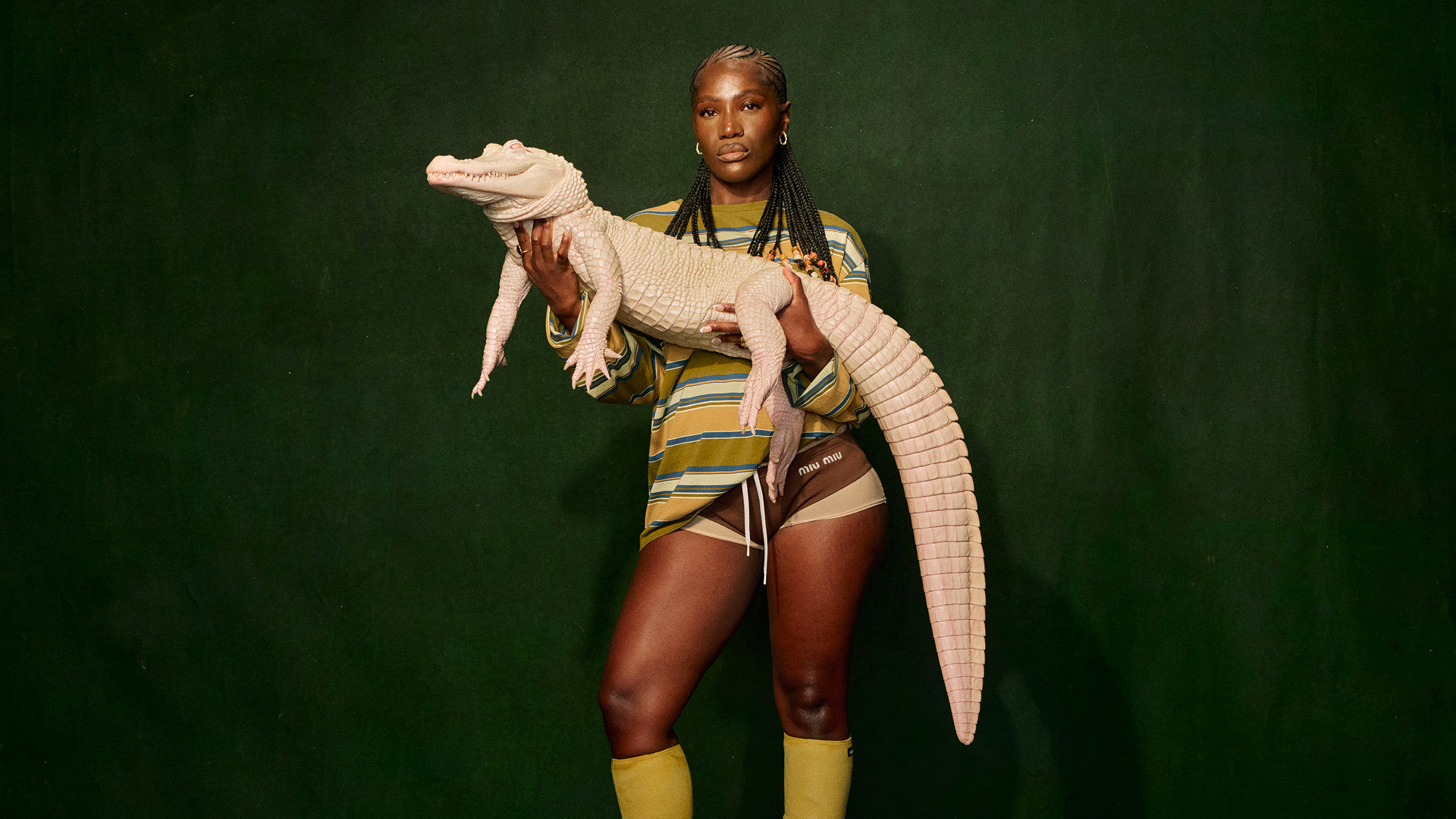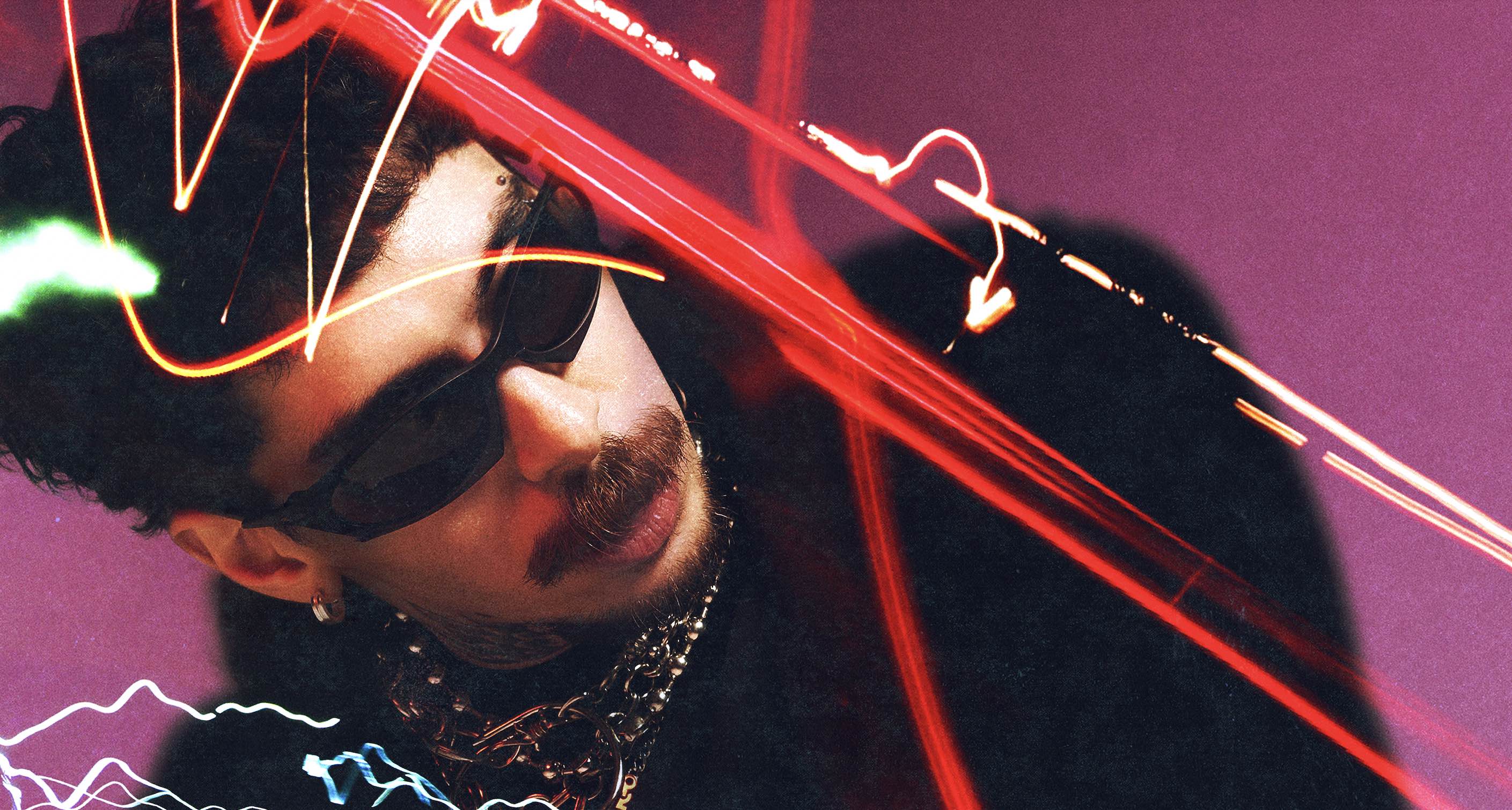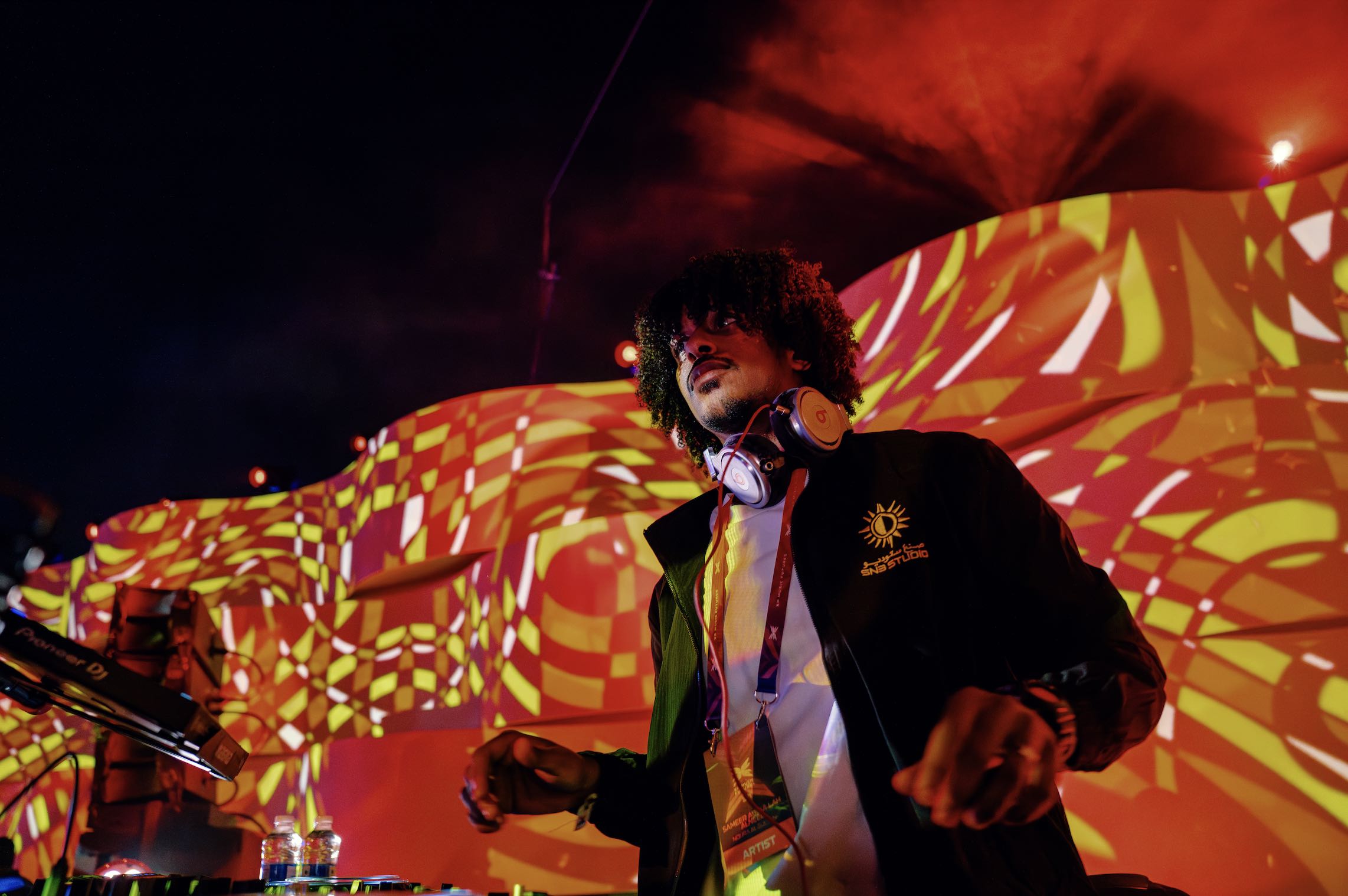Saudi Arabia’s music scene is undergoing a major transformation. With a new wave of artists blending traditional sounds with contemporary influences, the country is becoming an exciting hub for musical innovation. At the forefront of this movement is MDLBEAST RECORDS, a label dedicated to nurturing talent, fostering creative communities, and bringing Middle Eastern music to a global audience.
In this exclusive interview, we sit down with Edwin Harb, a key figure at MDLBEAST Records, to discuss the evolution of Saudi music, the rise of alternative and electronic genres, and the potential for Arabic artists to break into the international charts. We explore how artists are discovered, the impact of digital streaming, and the crucial role of social media in shaping the modern music industry. Whether you’re a music enthusiast, an aspiring artist, or simply curious about the future of music in the region, this conversation offers a deep dive into the changing landscape of the Saudi and Middle Eastern music industry.
What is the most popular music right now in Saudi Arabia? What do young people listen to? And is it the same across the region?
E.H: For the older generation, it’s still mainly pop genres like Khaleeji pop and Sheilat. If you walk through the streets or take a taxi, that’s what you’ll hear the most. However, alternative genres are growing fast—indie music, left-field sounds, and more experimental styles. This mirrors global trends, where independent movements are gaining traction.
What’s particularly interesting in Saudi Arabia is that for the past 15 to 20 years, many artists have been producing music in their bedrooms. Now, they finally have platforms to share their work with a wider audience.
As for the rest of the region, the trend is quite similar. Electronic music is also big, as it’s easier for promoters to book DJs and electronic artists. So, while club events are dominated by electronic music, people at home or on their daily commutes tend to listen to alternative and indie pop.
How do you discover new talent at MDLBEAST Records? Do you focus on artists from Riyadh, or do you scout nationwide?
E.H: It’s a mix. We’re based in Saudi Arabia, so our priority is homegrown artists, but we also work with artists from across the region, particularly Egypt, which has a massive talent pool.
In terms of discovery, funnily enough, talent often finds us. There’s just so much talent here—it’s like grass growing in your front yard. We also use traditional scouting methods like checking streaming platforms and social media to see which artists are gaining traction.
The younger generation, often called the “MBS Generation,” grew up during a period of modernisation. Do they draw inspiration from older, traditional music, or are they more focused on new styles?
E.H: Saudi Arabia and its music scene are becoming more open. We’re seeing a fusion of traditional and Western music that blends beautifully. For example, we have a label called WTR (which means “string” in Arabic) that focuses on organic house or Oriental house music. This allows us to reclaim sounds that international producers have used for years but from a truly local perspective. Artists here incorporate instruments like the oud, nai, mizmar, tabla, and daf into electronic music. This fusion makes the sound distinct and even appealing to Western audiences.
Events like Soundstorm bring international artists to Saudi Arabia. But are Saudi artists also making a mark abroad?
E.H: Absolutely. We’ve successfully sent Saudi artists to perform at major festivals like Tomorrowland and EXIT Festival. One great example is Cosmicat, a female Saudi producer who we have give the opportunity to perform at these global stages and work with international producers like Franky Wah and Afrojack.
We also pair international artists with emerging local artists for collaborations. This helps introduce Saudi talent to a broader audience.
Where do you see MDLBEAST Records in the next 5 to 10 years?
E.H: The future looks very exciting. Initially, we focused on releasing international EDM records. Now, we’re increasingly working with local and regional artists across various genres. The goal is to take Middle Eastern music global. We want to discover more talent, establish new brands, and build creative communities.
Speaking of going global, Latin music has exploded in recent years, with artists like Bad Bunny and Rosalía dominating the charts. Do you think Arabic music could experience a similar global breakthrough?
E.H: Absolutely. If you compare where Latin music was a decade ago to where Arabic music is now, we’re on a very similar trajectory.
Artists like Zeyne already have a significant audience outside the region, as seen in their Spotify streaming data. We’re focused on building on this momentum and taking Arabic artists international. I predict that within the next two to three years, we’ll see Arabic artists in the global top five charts.
On a personal note, how did you get into the music industry?
E.H: I started in event production, which naturally led me to music. I’ve always been passionate about music—I played percussion in a band when I was younger.
I eventually moved into artist management, then worked with major labels, and later transitioned into supporting independent artists. Now, at MDLBEAST Records, I’m focused on helping regional talent break into the international market.
Who are the rising stars at Middle East Records?
E.H: We’re really excited about TUL8TE, an Egyptian artist who hit Spotify’s Global Viral 50 chart this year. Other promising artists include Bayou, Zeyne, and Nour, who blends liquid drum & bass with Egyptian vocals.
From Saudi Arabia, we’re working with Asayel, a female hip-hop artist, and Yazeed Fahad, a singer-songwriter.
We’ve heard a lot about “music communities” in Saudi Arabia. Could you elaborate?
E.H: The music revolution is already happening. We don’t create communities; they already exist. What we do is provide platforms where these communities can thrive. For example, we have three sub-labels that serve different electronic music communities:
– Mahool focuses on melodic house and techno.
– WTR specializes in organic house with regional influences.
– Gabu records is our house music label.
By creating these platforms, we’re giving local talent the tools they need to develop and grow.
The label seems heavily rooted in electronic music. How do you bridge the gap with urban genres like hip-hop and R&B?
E.H: We started with electronic music because it aligned with our festival bookings, but we’ve since expanded into urban genres.
We now support hip-hop, R&B, indie, and other styles. Thanks to our parent company, we have the resources to support artists across genres. For example, we have Beast House Studios, where hip-hop producers can collaborate with vocalists and rappers, and we also provide platforms for indie artists.
Will we see more diversity in genres like jungle, drum & bass, or even heavy metal?
E.H: Definitely. We’re working on setting up labels for drum & bass, jungle, and breakbeat. These are niche genres, so we want to make sure we cater to those communities properly.
As for heavy metal, we’re already making progress. Last year, Metallica performed at Soundstorm—the first major rock act at a festival in Saudi Arabia. This year, we have Muse and Linkin Park, so the scene is definitely growing.
In your point of view how important is social media for artists today?
E.H: Social media is crucial, but it’s just one tool. Artists need to use it strategically—to drive listeners to streaming platforms where they can actually monetize their music.
Different artists have different approaches. Some thrive on TikTok, while others prefer a more low-key presence. The key is to be authentic and use the right platform to reach your audience.
What advice would you give to a 19-year-old artist in Saudi Arabia who wants to make it big?
E.H: Stay consistent. Keep making music. Attend events like XP, connect with industry professionals, and participate in discussions. Right now, Saudi Arabia is developing its music infrastructure, and there’s never been a better time to be an emerging artist in the region.
Somewhere: Amazing. Thank you so much for your time!
EH: My pleasure!




